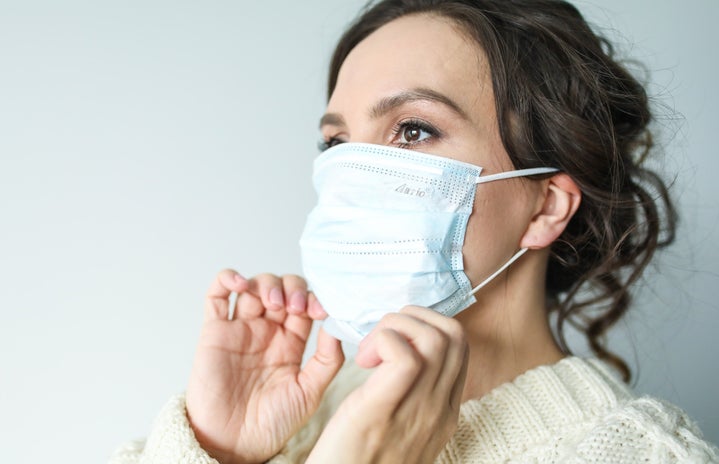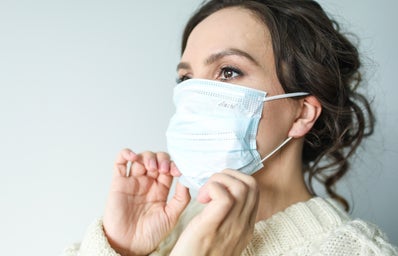Ever since the Coronavirus spread to South Africa, President Cyril Ramaphosa has had to make drastic and unprecedented decisions to protect the nation. Many have responded positively and with praise at the swift and concrete rules Ramaphosa has set in place to flatten the curve of infection. Needless to say, the past month has changed the lives of South Africans nationwide.
15 March 2020: A national state of disaster
On the evening of 15 March 2020, you could hear a pin drop. Millions of South Africans gathered around their television sets waiting for Ramaphosa’s first national statement on measures being put in place to combat the COVID-19 epidemic. Among his first words were, “The world is facing a medical emergency far graver than what we have experienced in over a century.” By establishing it not only as an issue that affects all people the world over, but also as an unprecedented and dangerous medical anomaly, the President held our attention and conveyed the matter as both urgent and serious. He emphasized that nobody is safe from the disease given the rising infection rates, and that South Africa is no exception. Never before in the history of our democracy has our country faced such danger. A national state of disaster was declared. But Ramaphosa reassured us that preventative measures had been established, and the following would be effective immediately:
- A travel ban on foreign nationals from high-risk countries
- Cancelling and revoking previously granted visas to travelers from high-risk countries
- All travelers entering South Africa from high-risk countries would be subjected to testing and possible quarantine
- The shutting down of many land, air, and sea ports entering South Africa
- Prohibiting gatherings of more than 100 people
- The closing down of schools until after the Easter holidays
Many South Africans were left feeling in a state of hazy bewilderment and shock. The dire nature of the situation had hit home, and we were being called upon to practice social-distancing from our friends and family. Many kicked into panic mode and excessively stocked up on toilet paper and groceries, while others adopted a more relaxed approach, seeing self-isolation as a chance to take a holiday. In all of this, Ramaphosa had eloquently and professionally set us up for what was to come: The biggest shock to the system our country had seen in its 26 years of democracy…
23 March 2020: The three week nation-wide lockdown
Eight days into social distancing and self-isolation, Ramaphosa addressed us once again from our television screens. This time, however, was a starkly different speech. Ramaphosa expressed concern at the country’s rising infection rates from 61 to 402 cases in just six days. It was clear a continued rise in diagnoses would place excessive strain on our country’s health services. This set into motion a 21 day lockdown that would force South Africans to radically change their behaviour, as well as enforce a sense of shared responsibility for flattening the curve of infections. Individuals would only be allowed to leave their homes under strictly controlled conditions to buy food or medicine, collect a social grant, or seek medical help. All shops, schools, and businesses would be closed, and all non-essential service workers were to stay at home.
Shortly after the lockdown was called into effect, universities and businesses across the country followed suit and suspended all work and classes. The mood was that of trepidation and shock. Nobody had ever had to adhere to such strict protocol before on such a massive scale. But at the same time, many were in awe of the President for making drastic decisions to protect his people. This was not a decision to inhibit us from living full lives, but rather cautionary and safety-heralding measures to further prevent the spread of infection.
I applaud President Cyril Ramaphosa for prioritising the safety and health of the country above all. Though we may be struggling to keep it together, stay motivated, and have a normal routine during the lockdown, we have to remember in the end what this is all for. We must all accept shared responsibility for preventing the spread the virus by acknowledging that any form of social contact, no matter how small, can cause someone to become a carrier and spread it further. Anyone can be infected. It is, at this stage, necessary for the health of all South Africans, to stay home and stop social engagement until the virus can be contained.
I hope we continue to find strength in separation, and come together as a nation fighting one battle. This is much bigger than all of our individual stories and lives that have come to a halt, but we must put that aside in order to protect the country. So stay home because the President said so.


